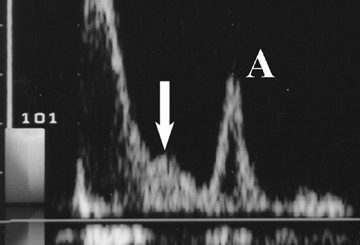Abnormal Uterine Bleeding
Contents
All of the following can cause abnormal uterine bleeding except
A. Pelvic endometriosis
B. IUCD in utero
C. Chronic tubo-ovarian mass
D. Late stages of tubercular endometritis
Abnormal uterine bleeding in congestive cardiac failure is due to
A. Inactivation of estrogens
B. Liver dysfunction causes high estrogen level in blood
C. Associated thyroid disorder
D. Hyperplasia of endometrium
Which of the following is implicated in dysfunctional uterine bleeding
A. High PGF2α/PGE2
B. Low PGF2α/PGE2
C. High endothelin
D. High progesterone
Anovulatory bleeding is excessive due to
A. Too much hyperplasia of endometrium
B. Cell are fragile due to retention of water
C. Fragility of vessels
D. Lack of compactness
All are true about Cystic glandular hyperplasia except
A. Ovary contains multiple follicular cysts with estrogen
B. Swiss cheese pattern endometrium
C. Myohyperplasia
D. Large irregular corpus luteum
All are true of antiestrogenic action of progestins except
A. Stimulates the enzyme 21 -β-hydroxysteroid dehydrogenase
B. Inhibits induction of estrogen receptors
C. Has antimitotic effect on the endometrium
D. Converts estradiol to estrone
Medical hysterectomy refers to use of
A. Mifepristone (RU 486)
B. GnRH agonists depot preparation
C. LNG- IUS
D. Danazol
In shorts
SURGICAL MANAGEMENT OF DUB refers to – Uterine curettage, Endometrial ablation/resection, Hysterectomy
Women with small uterine fibroids of less than 3 cm can undergo endometrial ablation.
Uterine artery embolization is commonly done in women with large uterine fibroid (> 3 cm)
MRI, is useful in the diagnosis of adenomyosis when compared to ultrasonography. Myometrial heterogeneity, myometrial cysts, asymmetric myometrial thickness, and subendometrial echogenic linear striations are suggestive features to the diagnosis of adenomyosis.





